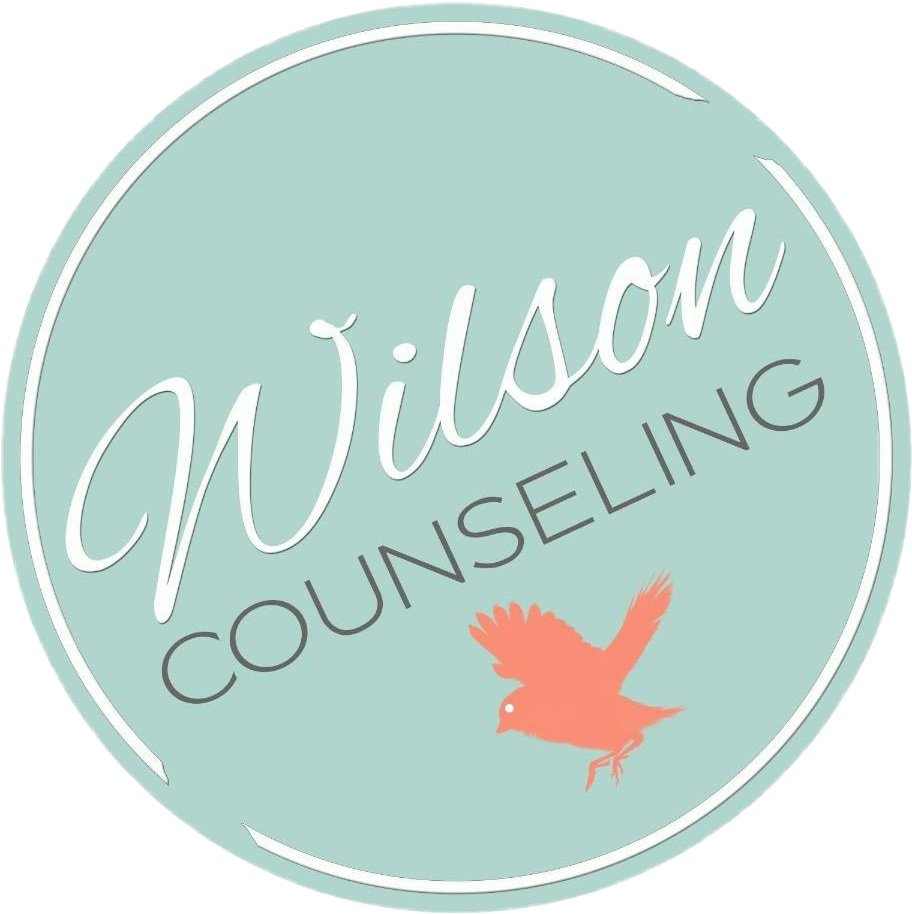The terror people experience in nightmares often seem real to them. Especially for very vivid, disturbing nightmares, it can feel to your body and mind as if you are actually going through the nightmare scenario. Even when you do wake up, the sense of disturbance, fear, and anxiety can linger. It’s a terrible feeling to feel that out of control and terrorized at a time when you are basically helpless, during your sleep.
Why do we experience nightmares?
Nightmares can be unsettling and leave us feeling shaken and distressed upon waking. But why do we experience these vivid and often frightening dreams? Several factors can contribute to the occurrence of nightmares. One common cause is stress and anxiety. When we are under significant emotional pressure, our minds may try to process and make sense of these intense feelings during sleep, resulting in disturbing dream content. Additionally, traumatic experiences, such as accidents or abuse, can trigger nightmares as our subconscious mind tries to process and heal from the trauma. Certain medications, sleep disorders, and even sleep deprivation can also play a role in nightmare frequency. It's important to recognize that nightmares are a normal part of the dream cycle, and they can provide valuable insights into our emotional state. If nightmares persist and significantly impact your sleep quality and overall well-being, seeking a Houston therapist or sleep medicine, can offer guidance and support in managing and alleviating the distress associated with nightmares.
Nightmares often pop up when you are feeling anxious about something. For people who have experienced trauma, these nightmares may even be violent and disturbing. Whether you are aware of the problems or not, your brain is trying to work out and process perceived problems or memories as you sleep. I have had some clients describe nightmares in which they committed acts they would consider reprehensible while awake. They sometimes feel ashamed remembering what they did in their nightmares.
What can you do to get rid of nightmares?
Keep a regular sleep schedule.
People will sometimes avoid sleep in order to avoid nightmares, but a lack of sleep actually makes the problem worse. When the body doesn’t get good sleep and doesn’t go into REM (rapid eye movements), it usually creates more intense nightmares. Practice good sleep hygiene including getting to bed at a regular time and getting enough sleep. You can read more about getting a better night’s sleep here.
Cut back on alcohol
Alcohol causes a similar problem for your sleep. If you drink within two hours before bed, it may inhibit your REM sleep. In addition to cutting back on alcohol, it is a good idea to talk to your doctor about all of your prescriptions. Some of them may have negative effects on your sleep and even specifically may cause nightmares.
Avoid eating before bed
Having a big meal before bedtime can increase your metabolism which causes your brain to be more active at a time when it should be calming down. Try to eat at least two hours before bed.
Journal your concerns
The things that trouble you seem to have a way of using themselves out if we don’t deal with them directly. Concerns can show up as psychosomatic symptoms in your body, or they can show up in dreams and nightmares. Journaling gives you a quick and easy way to get things out of your system in a more intentional way. I recommend journaling before bed daily. You can also do it when you can’t sleep. If you are experiencing stress regularly, it can also help to talk to one of our caring Houston anxiety therapists.
Wake yourself up completely
When you are half asleep and half awake, the nightmares may feel more real and disturbing. It is best to wake yourself up fully so that you can get back to reality, not slip back into the nightmare.
Rewrite the ending of your nightmares
You can help your brain change the ending to your nightmares so that it has a happier ending. I suggest writing it out in a journal the way you would want the dream to go. This helps your brain practice this ending so you are more likely to have a better ending even in your sleep. You can practice telling yourself while you are awake, and before bed, “If I have a nightmare starting to pop up, it is going to end in a happier way.” This is called imagery rehearsal therapy, and you can read more about it here.
Use relaxation techniques
Using relaxation techniques, especially before going to bed, can signal to your body that it is time to slow down, and calm down and that it is safe. I recommend doing techniques like progressive muscle relaxation, deep breathing, and other mindfulness techniques. I have some videos and posts about this that may help you learn the techniques through Wilson Counseling videos about deep breathing, progressive muscle relaxation, and grounding techniques.
While you can’t control everything about your sleep, if you follow these tips, you are much less likely to experience nightmares and may even have those elusive sweet dreams you were hoping for. If nightmares persist, it may be a sign that something more serious is troubling you. I recommend speaking to a therapist to help you get to the bottom of that.
The advice in this blog is not a substitute for professional counseling.
OTHER THERAPY SERVICES WE OFFER IN HOUSTON, TX
In addition to EMDR and Trauma Therapy, we have other mental health services that we offer at our Houston, TX counseling office. Our services are available for adults, children, and teens. For individuals, we offer Anxiety Therapy, Child Therapy, Couples and Marriage Therapy, Family Therapy, Eating Disorder Therapy, School and College Counseling, Autism Therapy, Perinatal and Postpartum Treatment, and Infertility Counseling. As well as PTSD Treatment and LGBTQ+ Counseling. Our caring therapists also offer Career Counseling, and LPC Supervision. All of these services are also available through Online Counseling throughout Texas.
Contact us at Wilson Counseling or via phone at 713-565-0922 to find out more about our services or to schedule an appointment. You can find out more about EMDR/Trauma Therapy here. You don't have to go through this alone. We are in this together.
Related Content:
We hope you find these resources helpful! If you are struggling with loneliness, conflict, or anxiety, speaking to a professional counselor in Houston can help.










